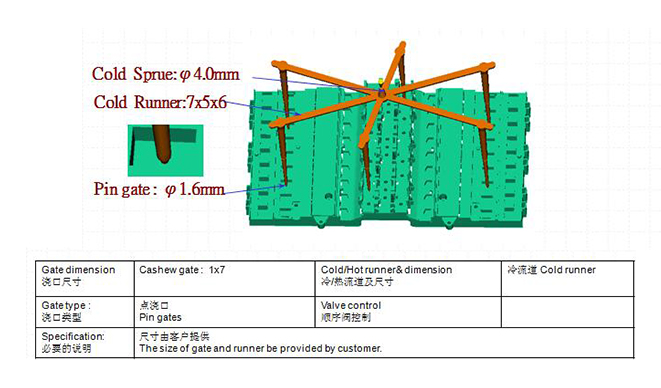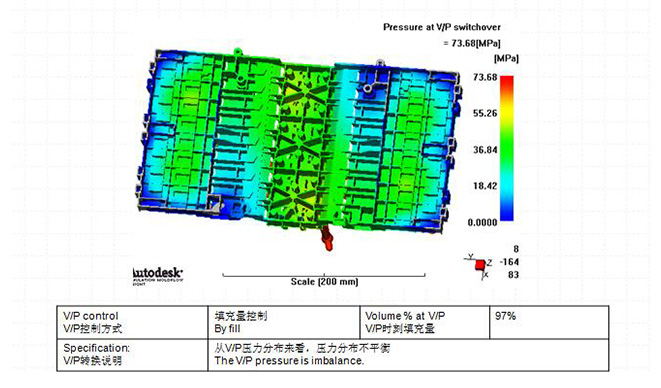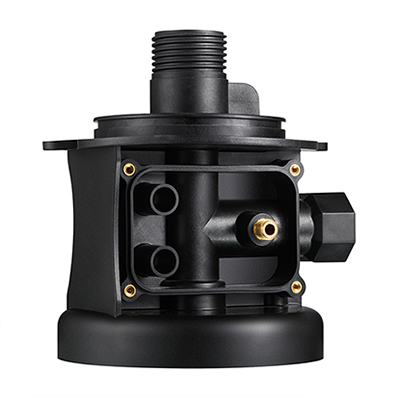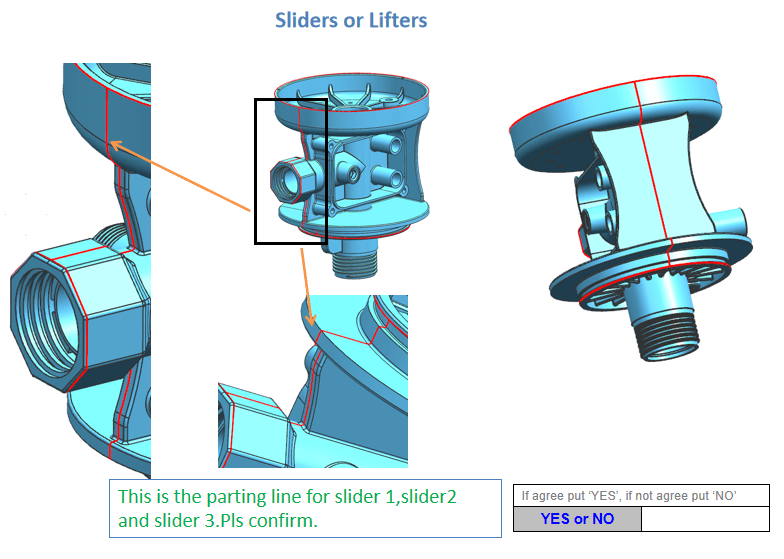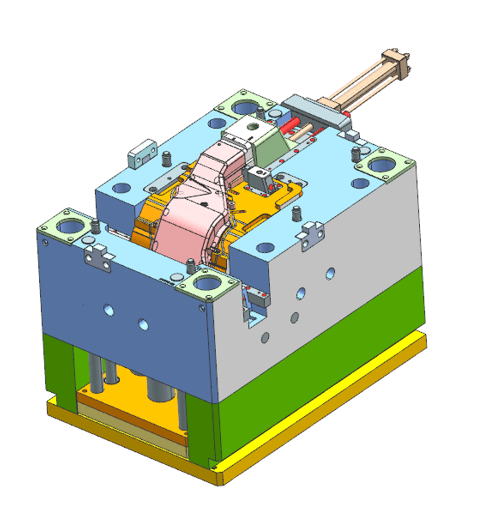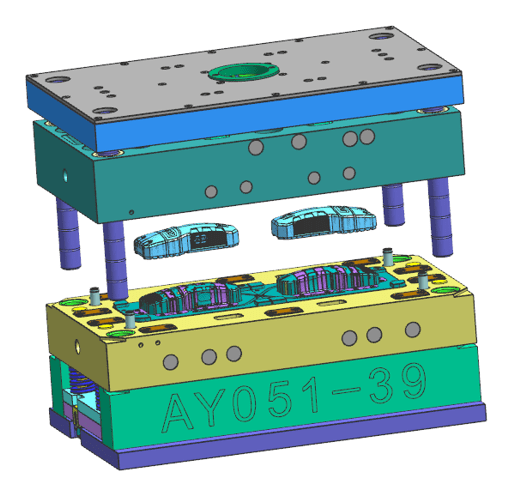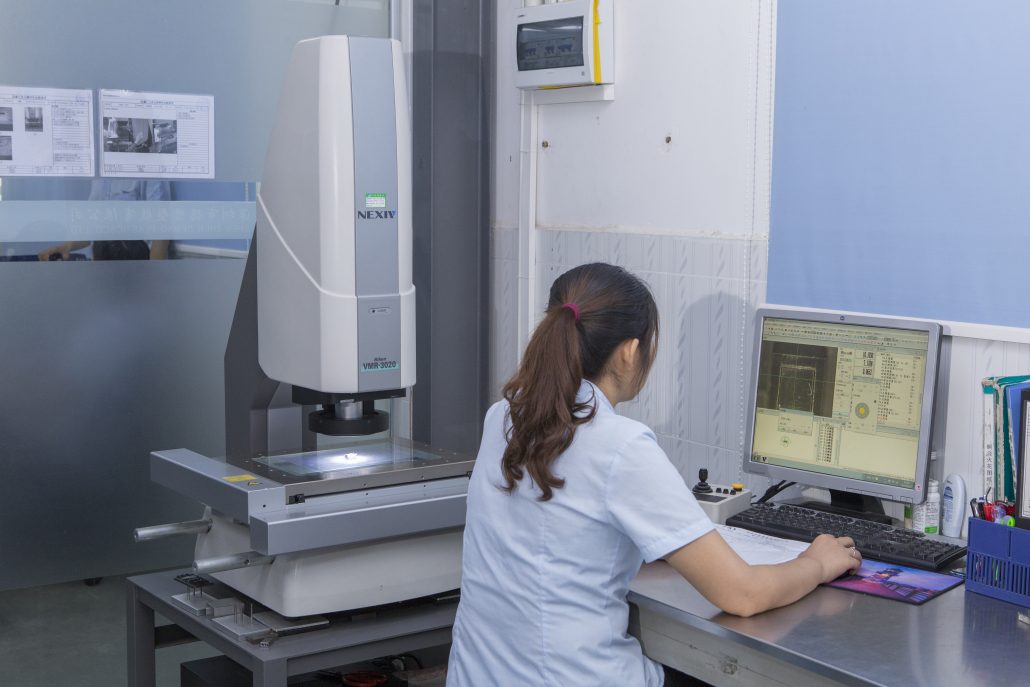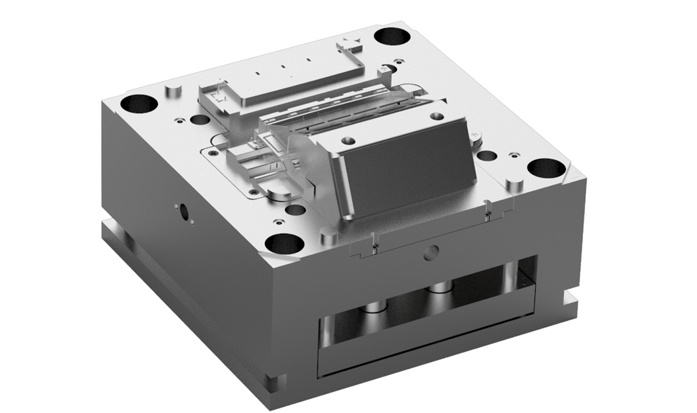ABERY Plastics – USP Class VI Medical Compliance
In order to ensure the safety of medical devices, USP Class VI testing is required. Developed by the United States Pharmacopeia, the Class VI test is a specific test conducted on medical devices to assess their biocompatibility. It is designed to evaluate the potential adverse biological effects of the materials used in a medical device when they come into contact with living tissues or bodily fluids. Performance Plastics is proud to announce we have passed the test – we now offer material and process expertise.

The USP Class VI test is particularly important for medical devices that directly or indirectly interact with the human body, such as implants, surgical instruments, catheters, and tubing. The test helps to ensure that these devices are safe and do not cause harmful reactions or toxicity when used in clinical settings.
Here are a few key reasons why the USP Class VI test is conducted on medical devices:
Patient Safety: The primary objective of the USP Class VI test is to ensure patient safety. By assessing the biocompatibility of the materials used in medical devices, it helps identify any potential risks or adverse reactions that may occur when the device is used in the human body.
Regulatory Compliance: Compliance with regulatory standards is a crucial aspect of the medical device industry. Many regulatory bodies, including the U.S. Food and Drug Administration (FDA), require medical device manufacturers to demonstrate the biocompatibility of their products. Conducting the USP Class VI test helps meet these regulatory requirements.
Material Selection: The USP Class VI test aids in material selection for medical devices. It helps manufacturers evaluate different materials and determine which ones are the most suitable in terms of biocompatibility. This allows them to make informed decisions about the materials used in their devices, minimizing the risk of adverse reactions.
Product Development and Improvement: The test is also valuable during the product development and improvement stages. By identifying any potential biocompatibility issues early on, manufacturers can modify or optimize their device design or materials to enhance safety and efficacy.
Industry Standard: The USP guidelines are widely recognized and accepted within the medical device industry. Conducting the USP Class VI test demonstrates a commitment to quality and safety, providing confidence to healthcare professionals, regulatory bodies, and end-users.

It’s worth noting that the USP Class VI test is just one of several tests and evaluations conducted to assess the biocompatibility of medical devices. Other tests, such as cytotoxicity, sensitization, and irritation tests, may also be performed depending on the specific device and its intended use.

